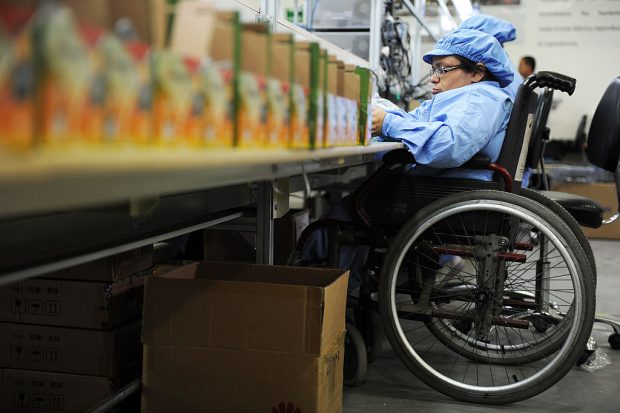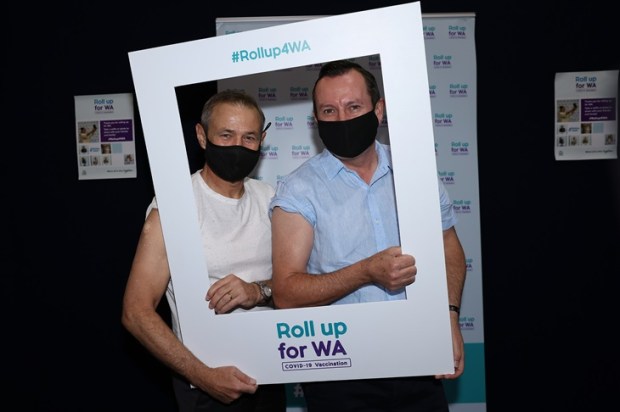 Australia has historically had poor rates of labour force participation for people with a disability, ranking well into the bottom half of the developed world. One barrier to work for people with a disability in current awards is minimum shift hours. For many people with pain and fatigue, disability or mental illness, three or four hours is too much to commit to when making tentative steps into the workforce.
Australia has historically had poor rates of labour force participation for people with a disability, ranking well into the bottom half of the developed world. One barrier to work for people with a disability in current awards is minimum shift hours. For many people with pain and fatigue, disability or mental illness, three or four hours is too much to commit to when making tentative steps into the workforce.
Already a subscriber? Log in
Subscribe for just $2 a week
Try a month of The Spectator Australia absolutely free and without commitment. Not only that but – if you choose to continue – you’ll pay just $2 a week for your first year.
- Unlimited access to spectator.com.au and app
- The weekly edition on the Spectator Australia app
- Spectator podcasts and newsletters
- Full access to spectator.co.uk
Or

























Comments
Don't miss out
Join the conversation with other Spectator Australia readers. Subscribe to leave a comment.
SUBSCRIBEAlready a subscriber? Log in